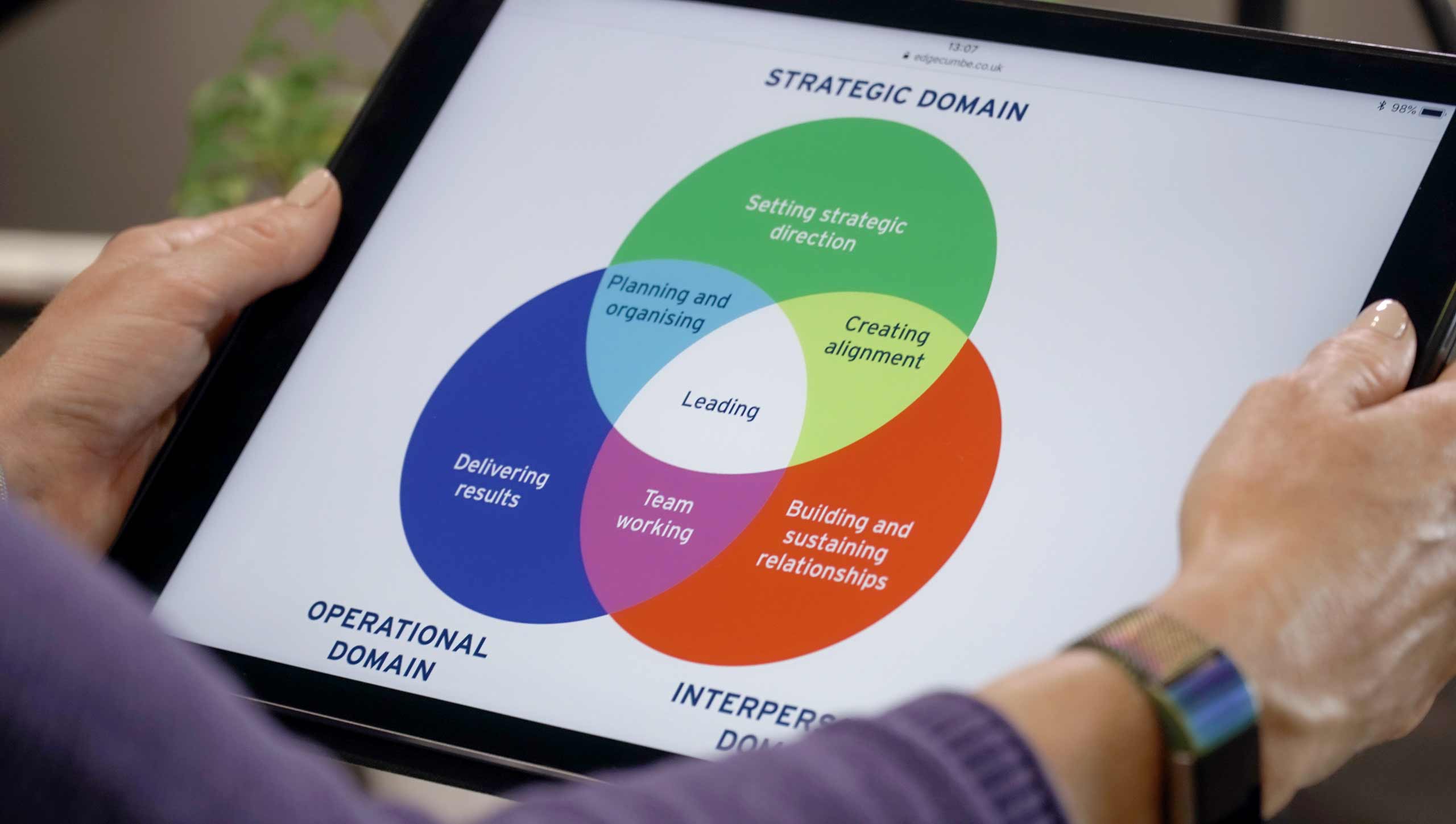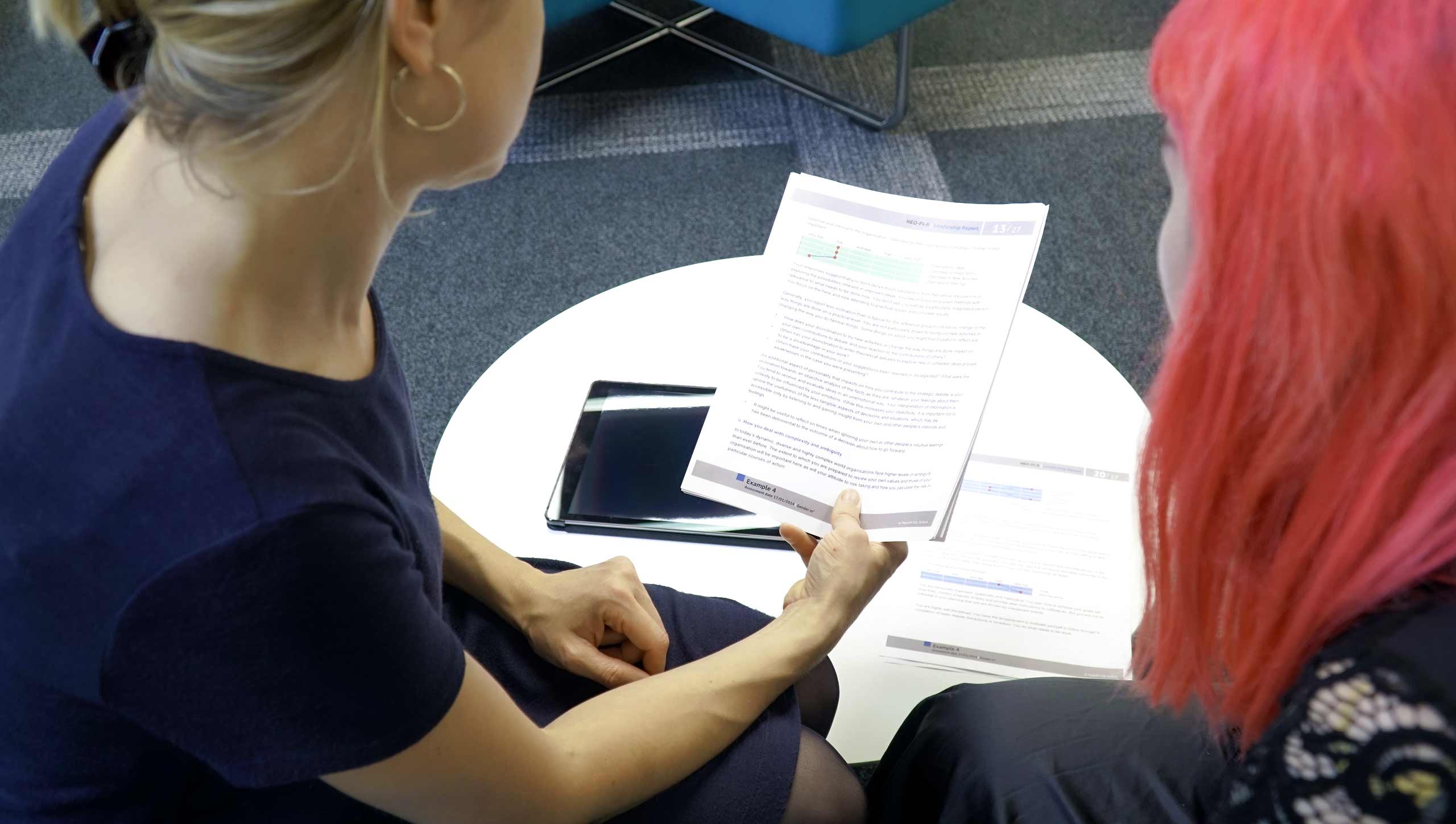Psychometric tests measure various attributes such as personality, mental ability, and personal motivations and preferences. They are widely used in various HR practices, from recruitment to performance management and talent development, because they provide valuable insights into an individual’s behavioural tendencies and potential for development. These tests have been increasingly used by coaches to enhance their coaching processes. But what do coaches believe these tests contribute, and should coaches adopt psychometrics as a staple in their toolkit?
The role of psychometrics in coaching
- Enhancing self-awareness: by providing empirical data on personality traits and cognitive abilities, these assessments enable individuals to gain a deeper understanding of their strengths and areas for development. This self-awareness is crucial for personal and professional growth, as it lays the foundation for more targeted and effective coaching interventions.
- Tailoring coaching strategies: allowing coaches to tailor their strategies to the unique needs of each individual. For instance, a personality test might reveal that a coachee is highly conscientious but struggles with openness to new experiences. Armed with this knowledge, a coach can design sessions that leverage the coachee’s strengths while gradually helping them become more adaptable and open to change.
- Objective measurement: unlike subjective observations, psychometric data provides a standardised means of measuring psychological attributes. This objectivity can enhance the credibility of the coaching process and foster greater trust between the coach and the coachee.
Considerations when using psychometrics as part of the coaching process
- Over-reliance on quantitative data: human behaviour is complex and multifaceted, so focusing only on numbers can overlook the nuances and contextual factors that influence an individual’s actions and decisions. Coaches should use psychometrics as one tool within the process, and ensure that qualitative observations and interactions remain central to the coaching process.
- Ensuring validity and reliability: the tools used must be scientifically validated and consistently produce accurate results, which means being critical of the tools’ limitations and potential biases.
- Ethical considerations: psychometric data is powerful and sensitive; it is classified as ‘special category data’ under GDPR, the same as health data. Issues such as informed consent, confidentiality, and the potential for misuse of data must be carefully managed. HR professionals and coaches must adhere to ethical guidelines and best practices to protect the rights and interests of their coachees. (For more on the data protection implications of gathering psychometric data (including special category data), see our five-part blog series written by our Data Protection Officer: link to the first blog in the series here).
What does the research say?
A study involving seasoned coaches – whose client base spanned large corporations, public sector industries, and small to medium-sized businesses – sought to uncover why coaches use psychometrics in coaching. The study revealed how tests impact different stakeholders in the coaching process, and helped provide an overview of their role in coaching.
The role of psychometrics for the coachee
The coaches in the study suggested that psychometrics primarily serve as tools for increasing self-awareness and fostering personal development. They highlighted several key points:
- Enhanced self-awareness: psychometric tests provide a structured approach to understanding one’s personality and behavioural tendencies. This awareness can be a catalyst for personal growth.
- Common language: these tests offer a shared vocabulary for discussing personality traits and preferences, which can facilitate more effective communication and understanding within the workplace.
- Appreciation of diversity: by highlighting different personality types, psychometrics can help coachees appreciate the diverse personalities they work with, fostering a more inclusive environment.
However, it’s essential to note the potential risk of stereotyping. Coaches must remain vigilant to ensure that psychometric results are used constructively and do not pigeonhole individuals.
The role of psychometrics for the coach
Interestingly, the study revealed that psychometric tests are not just beneficial for the coachee and the company, but also for the coaches themselves:
- Self-development: by using psychometric tests, coaches gain deeper insights into their own personalities and behaviours, which can enhance their coaching effectiveness.
- Enhanced coaching skills: the psychological knowledge gained through administering and interpreting these tests enriches the coach’s skill set, making them more adept at facilitating coachee development.
The role of psychometrics for the company
From an organisational perspective, psychometric tests offer several benefits according to the participants in this study, including:
- tangible evidence of development: for companies, particularly at senior levels, psychometric tests can provide robust evidence of the impact of staff development programmes, and valuable data that informs talent management and succession planning strategies.
The findings from the study underscore the multifaceted benefits of incorporating psychometric tests into coaching. For coachees, these tests can expedite the process of self-awareness and personal development. For coaches, they offer invaluable insights that enhance their coaching practice. And for companies, they provide tangible evidence of development initiatives’ impacts and their return on investment.
Given these benefits, it’s clear that psychometric tests can play a vital role in modern coaching practices. However, the key is to use them judiciously and ethically, ensuring they complement rather than dominate the coaching process. To find out more about integrating psychometric tests into your assessment, development or coaching programmes, book a call with one of our business psychologists today.




















